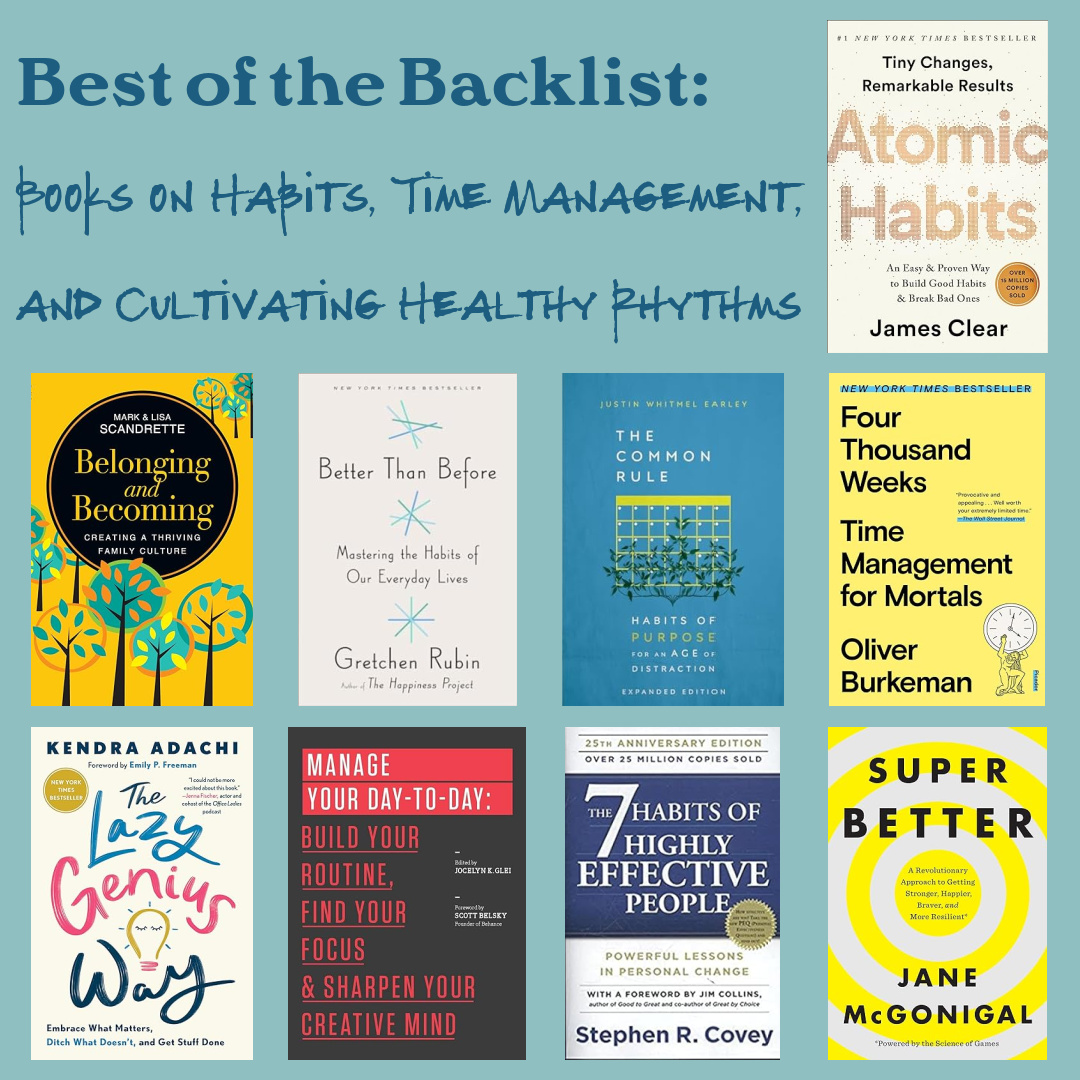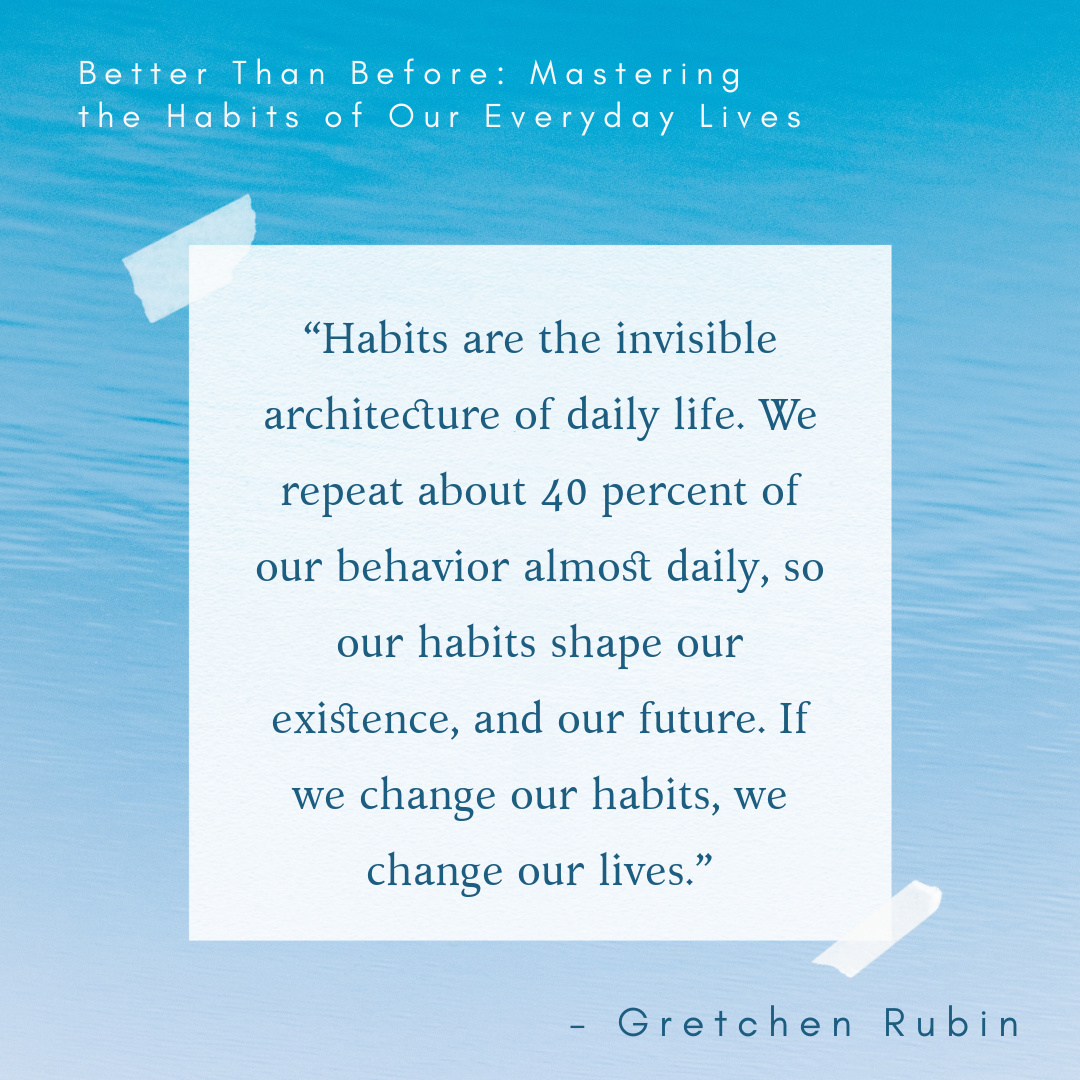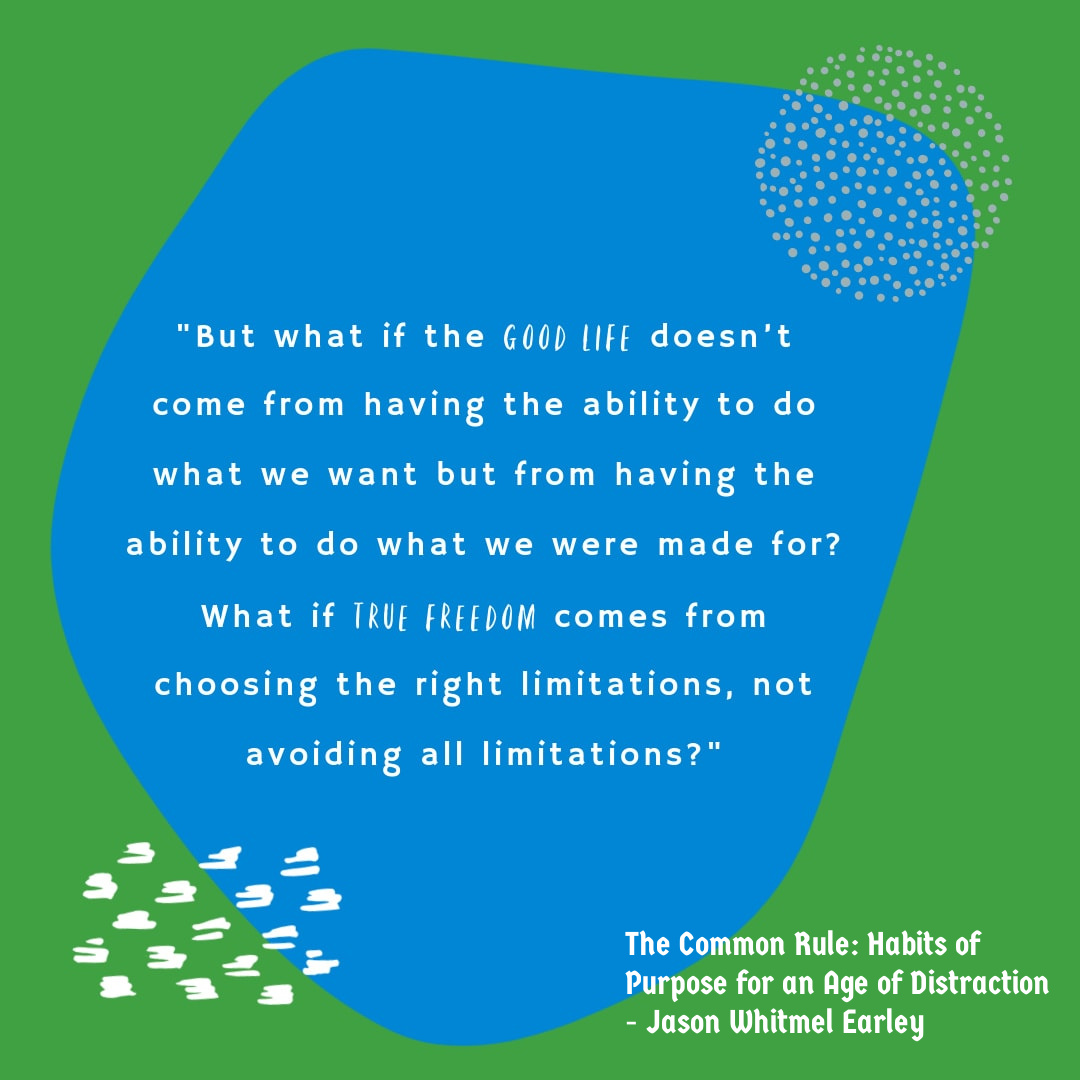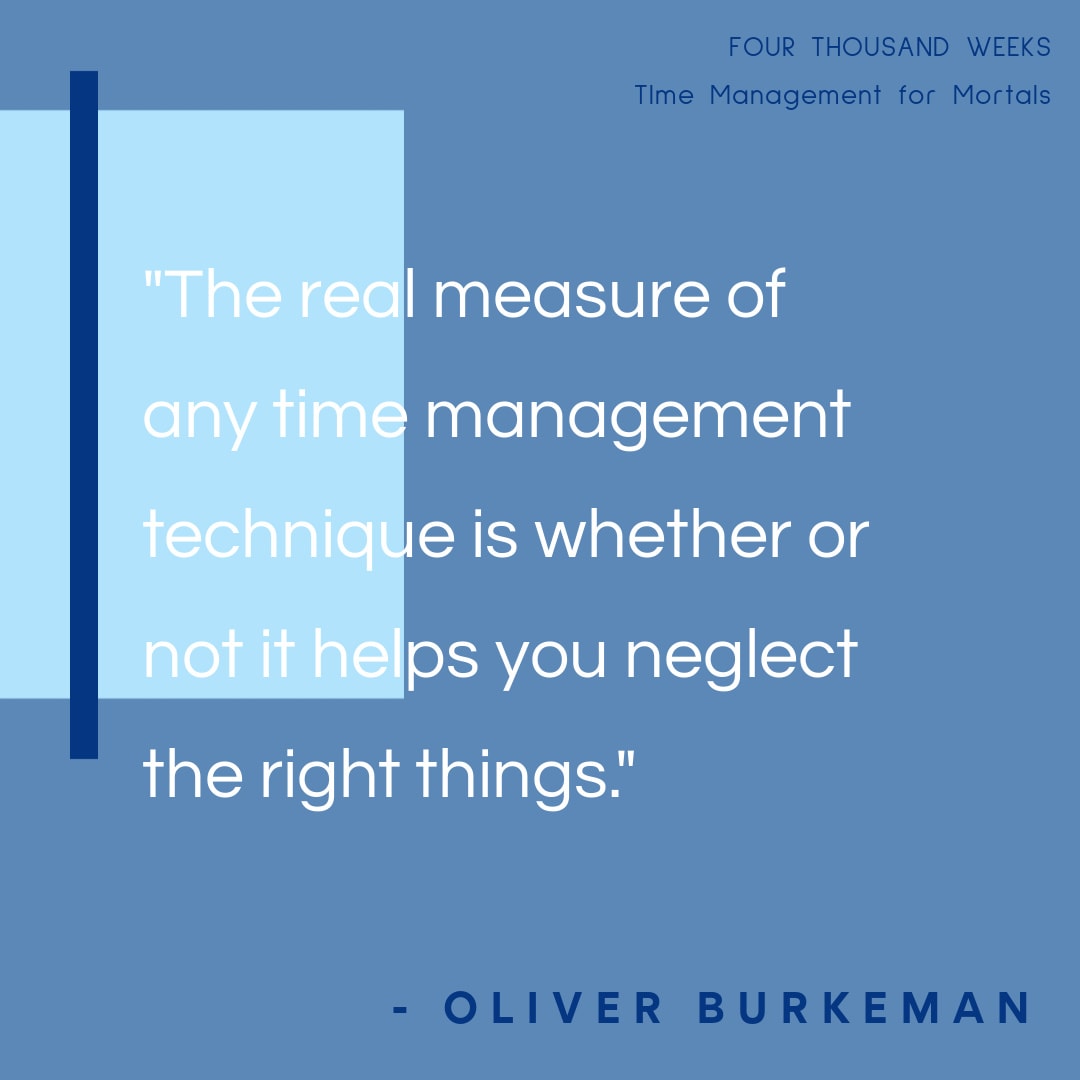Not every book we read will change us, but any book can, and some books are explicitly written for the purpose of initiating change in their readers. I don’t really love the term “Self Help,” but I do tend to love this genre: books that help readers identify a problem or challenge, then offer a new path towards health, happiness, or overall wellness. My favorite books in this space are encouraging and motivational, but never bullying; their authors are reliable and relatable teachers, and their writing is instructive but not pedantic.
The books I’m sharing today were read at different points in my life over the last ten years, but I can see how each one shifted my mindset or my habits in ways that are still in effect today. If you are looking to make some healthy shifts and changes this year, you are certain to find a book on this list that will help you on your way.

The Seven Habits of Highly Effective People, by Stephen R. Covey (1989): This is probably the book that ignited my love for this genre; I read it in my earliest months of motherhood, when everything about my life had just changed, and this book was pivotal in helping me navigate that season. Stephen Covey begins with the premise that in order to change our circumstances we must first change ourselves, and he argues that character is the foundation for true success; this Character Ethic becomes the impetus for habits and principles that lead to effective living. The seven habits Covey prescribes are broad, encompassing home-life and workplace settings and guiding readers from dependence to independence and eventuall toward interdependence in our various spaces. The principles laid out in this book have served as a framework for several other books in the self-help realm, yet at the time this book was written the ideas were fresh and revelatory and I loved reading these ideas from the original source. (Original Review)
Manage Your Day-to-Day: Build Your Routine, Find Your Focus, and Sharpen Your Creative Mind (2013): This short little book is a treasure trove of useful tips for anyone looking to make more out of their work life and reach their creative potential. The book is divided into four main sections (Building a Rock-Solid Routine, Finding Focus in a Distracted World, Taming Your Tools, and Sharpening Your Creative Mind), with short, accessible chapters from productivity and creativity gurus, and—the best part—a useful roundup of key points at the end of each section. I appreciated the blend of stories and actionable tools, and the ideas presented here were pivotal in helping me manage my creative time in the earlier days of this blog. (Original Review)
Better Than Before: Mastering the Habits of Our Everyday Lives, by Gretchen Rubin (2015): I love everything Gretchen Rubin puts her name to, and inhaled this book on how we can harness our everyday habits to promote lasting change and lead happier, more productive lives. Gretchen does not take a one-size-fits-all approach to habit formation; rather, she recognizes that different strategies work well for different personality types, and throughout the book she emphasizes the importance of understanding your personal tendencies and preferences. Better Than Before introduces Gretchen’s framework for the Four Tendencies, which is one of the most insightful and useful personality frameworks I’ve come across. Better Than Before helped me understand my approach to forming habits, and years later I’m still practicing many of her suggestions. (Original Review)

SuperBetter: A Revolutionary Approach to Getting Stronger, Happier, Braver and More Resilient–Powered by the Science of Games, by Jane McGonigal (2015): In this one-of-a-kind book, Jane McGonigal explains how she used video games to heal her brain after a concussion, and she offers a detailed program for using gamification principles to improve mental health. McGonigal shares fascinating science behind the benefits of digital gaming, specifically as it relates to trauma recovery and mental health; she then elaborates upon the SuperBetter method, which uses gamification to overcome challenges and build resilience. The book includes nearly 100 fun challenges to promote gameful strengths, accompanied by anecdotes from those who have reaped the benefits of tapping into this mindset. Though I’m not into video games, I loved this unique spin on self help. (Original Review)
Belonging and Becoming: Creating a Thriving Family Culture, by Mark and Linda Scandrette (2016): In this book that is part parenting tutorial and part spiritual/habit formation, Christian teachers Mark and Lisa Scandrette guide parents in establishing a thriving family culture in which each family member “feels safe, cared for and loved, and is supported to develop who they are for the good of the world.” The Scandrettes define a thriving family as a family who 1) lives from a vision; 2) carries out its purpose; 3) finds a rhythm; 4) discovers a common story; 5) fosters connection; 6) celebrates abundance; 7) nurtures growth; and 8) supports productivity. The Scandrettes share transparently about how they accomplished these goals in their family of five, and they offer tools for readers to begin crafting and implementing a similar culture. This is one for couples to read together, or alongside a group of like-minded families. (Original Review)
Atomic Habits: An Easy & Proven Way to Build Good Habits & Break Bad Ones, by James Clear (2018): Researchers estimate that up to half of our daily actions are done out of habit! Some of these habits have been intentionally cultivated over time, while others are mindless rituals that have inadvertently made their way into our daily routines. Though small and often effortless, our habits are not inconsequential. Here, James Clear writes, “habits are like the atoms of our lives. Each one is a fundamental unit that contributes to your overall improvement. . . . This is the meaning of the phrase atomic habits—a regular practice or routine that is not only small and easy to do, but the source of incredible power; a component of the system of compound growth.” This is such an engaging tutorial on the why and how of habit change. I really enjoyed the infusion of psychology, neuroscience, and life hacks into what could have been a dry self-help book. (Original Review)

The Common Rule: Habits of Purpose for an Age of Distraction, by Justin Whitmel Earley (2019): A common rule is a community-adopted set of habits a group commits to in order to grow in love of God and neighbor, and in this book a former missionary shares his personal common rule consisting of personal, communal, daily, and weekly habits designed to help the practitioner embrace the good and erase the bad. Earley’s eight habits can be divided into three distinct dichotomies—four weekly and four daily habits; four focused on opening our eyes to neighbor and four that are explicitly God-focused; and four that embrace something good and four that resist something bad. I was inspired by this unique way of approaching spiritual formation, and Earley is an empathetic and humble guide in the spiritual formation process. This is an ideal January read for those hoping to get the year with God off to a strong start through establishing healthy new rhythms with Jesus. (Original Review)
The Lazy Genius Way: Embrace What Matters, Ditch What Doesn’t, and Get Stuff Done, by Kendra Adachi (2020): This one is for the recovering perfectionists who want to succeed in life without becoming overwhelmed by it. In The Lazy Genius Way, Kendra Adachi begins with the premise that “when you care about everything, you do nothing well, which then compels you to try harder” (or, eventually, to just give up). Kendra helps readers combat this all-or-nothing mentality by showing us how to determine our values and priorities so that we can begin to think and act like lazy geniuses who expend our energy on what matters to us. These strategies (which are divided into thirteen core principles) are actionable and effective, and Kendra’s humorous writing, touching vulnerability, and relatable stories make this book an entertaining and memorable read. (Fully Reviewed Here)
Four Thousand Weeks: Time Management for Mortals, by Oliver Burkeman (2021): This not-quite-self-help-book is ostensibly about time management but is really a philosophical treatise on our orientation to time, expectations, and the making of a meaningful life. This book offers both the motivation we need to make the most of our time, while also giving permission to set aside some unnecessary burdens we’re carrying related to personal purpose and mission. I regularly think about Burkeman’s emphatic reminder that we WON’T be able to see and do and experience everything in the four thousand weeks most of us have on this earth—and in fact, it’s time’s finitude that makes it so very precious to begin with. Of all the books on the list, this will be the best fit for Self Help skeptics. (Original Review)

What are your thoughts on “Self Help” books? Do you have any favorites you would add to this list?